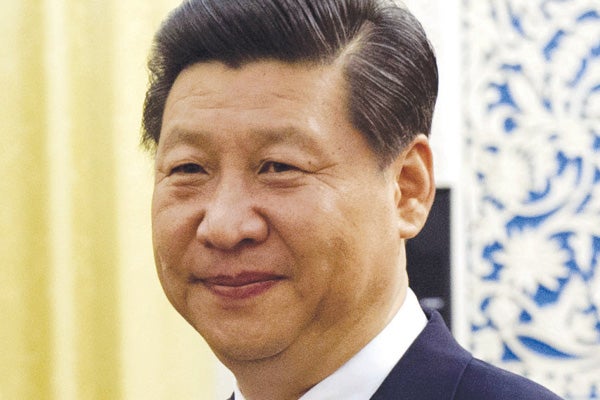Zimbabwe has been struggling to attract meaningful Foreign Direct Investment (FDI) despite the declaration that the country is open for business. It follows that the country must continue to implement policies that improve the ease of doing business and to further open up the economy in order to attract investment.
One such strategy is the Special Economic Zones (SEZ), which the country has adopted to try and build a more open economic system that will place the country on a development path.
Zimbabwe needs not reinvent the wheel; a salient example which Zimbabwe should emulate is China’s attitude and efforts in the implementation of the SEZ strategy and how over the years it has led to the growth and transformation of the economy.
The Chinese SEZ journey started in 1978, at the beginning of Deng Xiaoping’s reform and opening up policy with the establishment of Shenzhen as one such economic zone.
Under President Xi Jinping, the strategy has since been accelerated and further transformed to focus on the free trade area (FTZ) model of special economic zones.
The Chinese SEZs vary in scope and function.
Some are designated geographical spaces where special policies and measures support specific economic functions.
Others include free-trade areas (FTZ), industrial parks, technical innovation parks and bonded zones that facilitate experimentation and innovation over a wide range of industries.
SEZs provide local and international businesses with incentives to invest in development and infrastructure through reductions in tax and regulation.
Tax benefits are the most common form of incentive and can take the form of a tax break or a tax holiday and they take various forms and models.
Currently, the Chinese are focusing on the free trade areas strategy (FTZ model) and Zimbabwe can chose a model that works for her.
A free trade zone is a tax-free area where goods can be landed and “value added”, through handling and manufacturing, and re-exported without the intervention of customs.
These zones generally focus on labour-intensive manufacturing goods such as textiles and electrical equipment and often have reduced regulations. FTZ is geographically confined.
The strategy has also been initiated by the ruling Communist Party’s Central Committee, which is headed by President Xi, to explore new ways to deepen reform and further integrate the country into the global economy.






